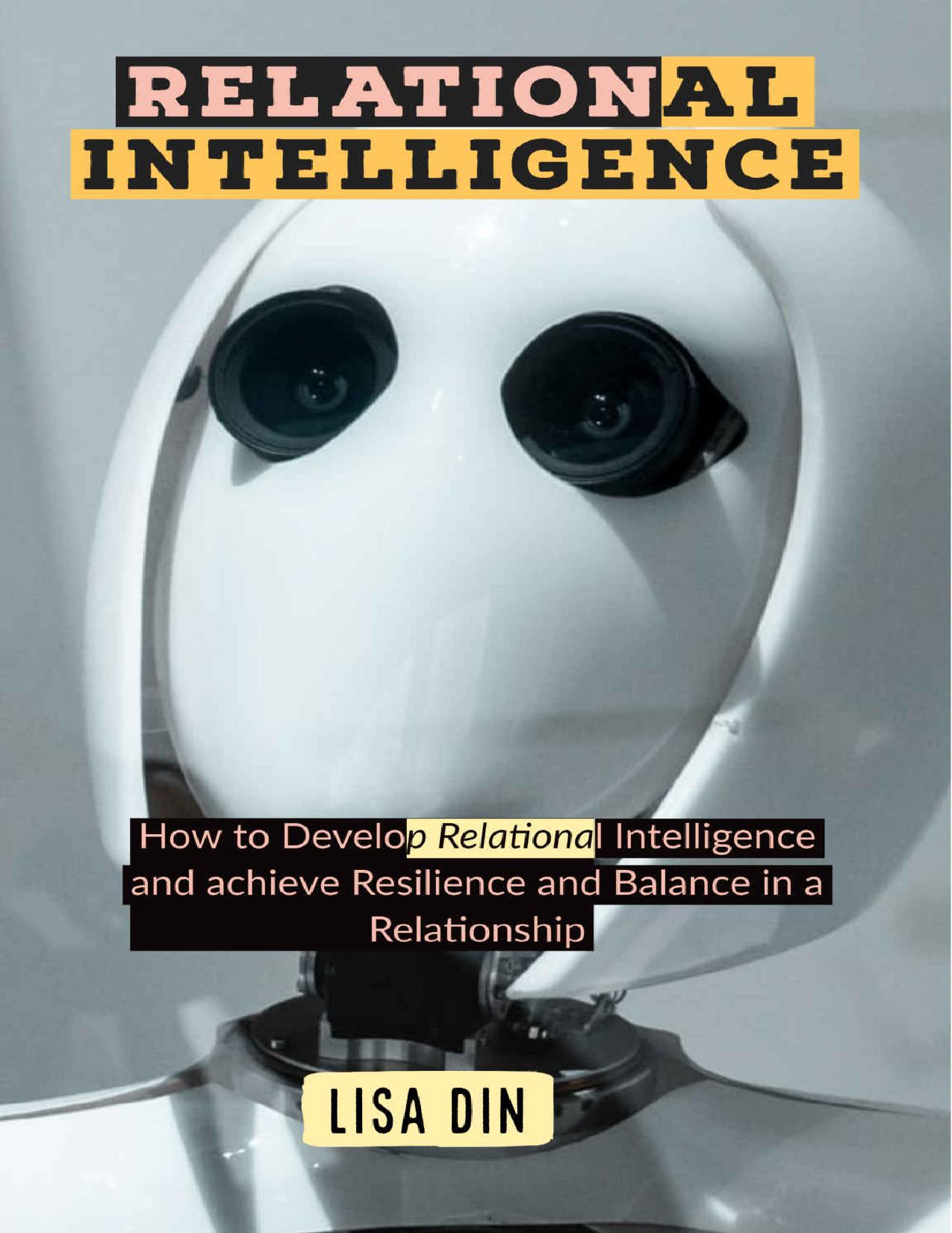Relational Intelligence: How to Develop Relational Intelligence and achieve Resilience and Balance in a Relationship by Lisa Din

Author:Lisa Din [Din , Lisa]
Language: eng
Format: azw3, epub, mobi, pdf
Published: 2020-09-05T16:00:00+00:00
Chapter 12: What Is Emotional Invalidation?
As important as it is to know what we must do to validate other personâs feelings and emotions as part of our communication pattern in relationships, it is also important to understand emotional invalidation. You know what not to do if youâve been unknowingly incorporating it in your communication pattern.
Emotional invalidation is when an individualâs thoughts, emotions, and feelings are completely rejected, judged or overlooked. While emotional invalidation can be distressing for anyone, it is particularly upsetting for someone who is sensitive. Emotional disruption creates an emotional disconnect and distance from the other person. Even the most well-intentioned people can end up invalidating their partner or loved oneâs feelings. Though it may not occur intentionally, some people are incapable of dealing with intense emotions. At times, they believe that they are helping the other by offering guidance, suggestions, and advice. In the process, they end up invalidating other peopleâs feelings.
For example, when you are feeling upset or sad, your loved one or partner may say something such as, âCome on now, donât feel sad. Do you want some candy to feel better?â This sounds like a well-meaning way to get someone who is feeling low into a more positive frame of mind. However, it can be highly invalidating for the other person at a deeper, subconscious level. By saying something like this, you are disregarding or dismissing their emotions as something that can be fixed with some candy. In your bid to make someone feel happier and less upset, we often up invalidating their thoughts and emotions.
An effort to get them to feel better can follow acknowledging and validating their emotions. You can begin by identifying and validating how they feel, followed by offering advice for helping them feel better. This is a more well-rounded process, which acknowledges their emotions and offers them a plan of action to deal with these emotions.
Download
Relational Intelligence: How to Develop Relational Intelligence and achieve Resilience and Balance in a Relationship by Lisa Din.epub
Relational Intelligence: How to Develop Relational Intelligence and achieve Resilience and Balance in a Relationship by Lisa Din.mobi
Relational Intelligence: How to Develop Relational Intelligence and achieve Resilience and Balance in a Relationship by Lisa Din.pdf
This site does not store any files on its server. We only index and link to content provided by other sites. Please contact the content providers to delete copyright contents if any and email us, we'll remove relevant links or contents immediately.
Professional Troublemaker by Luvvie Ajayi Jones(29648)
Whiskey Words & a Shovel I by r.h. Sin(19388)
Rewire Your Anxious Brain by Catherine M. Pittman(18640)
Healthy Aging For Dummies by Brent Agin & Sharon Perkins RN(17035)
Cat's cradle by Kurt Vonnegut(15330)
Talking to Strangers by Malcolm Gladwell(13344)
The Art of Thinking Clearly by Rolf Dobelli(10447)
They Both Die at the End by Adam Silvera(9805)
The 5 Love Languages: The Secret to Love That Lasts by Gary Chapman(9782)
Doing It: Let's Talk About Sex... by Hannah Witton(9275)
The Compound Effect by Darren Hardy(8941)
Thirteen Reasons Why by Jay Asher(8887)
Goodbye, Things by Fumio Sasaki(8574)
Wonder by R.J. Palacio(8569)
Tools of Titans by Timothy Ferriss(8363)
Atomic Habits: Tiny Changes, Remarkable Results by James Clear(8320)
Becoming Supernatural by Dr. Joe Dispenza(8198)
Wonder by R. J. Palacio(8097)
Change Your Questions, Change Your Life by Marilee Adams(7756)
